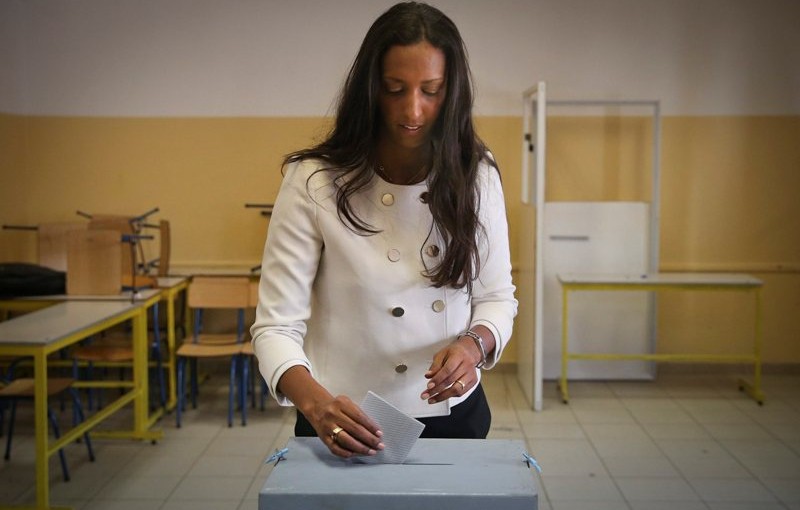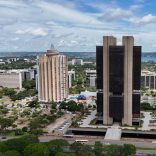CPLP: Angola is doing its part in ensuring mobility among member states
Cape Verde votes in tight parliamentary polls

EPA / African Party for the Independence of Cape Verde (PAICV) President, Janira Hopffer Almada, casts her vote in the legislative elections in Praia, Santiago Island, Cape Verde, 20 March 2016. About 350 thousand Cape Verdean voters are called to elect a new Government.
Praia, Cape Verde: Voters in the West African archipelago of Cape Verde cast their ballots Sunday in a general election, with opinion polls split on whether the ruling socialists or opposition would win.
Some 350,000 people were eligible to vote in an election which the ruling PAICV party, in power since 2001, hopes will deliver a fourth consecutive victory.
The opening of polling stations was delayed by nearly two hours in some parts of the former Portuguese colony, an AFP correspondent said.
They were due to close at 1900 GMT, with the first results expected just before midnight (0100 GMT on Monday).
Six parties are vying for the 72 seats in parliament, including the PAICV and the main opposition MPD, a liberal party which counts President Jorge Carlos Fonseca among its members.
While some opinion polls predict victory for the PAICV, which has called on Cape Verdeans to “make history” by electing its leader Janira Hopffer Almada as the country’s first female prime minister, others forecast a win for the MPD.
High youth unemployment and weariness with the ruling party after 15 years in power are seen as the main threats to the PAICV, which formerly ruled Cape Verde as a single party and holds a slim majority of 37 seats.
Both main parties have warned against vote-buying, an increasingly common practice in a country that has previously been held up as a model of African democracy.
Lying around 500 kilometres (310 miles) west of Senegal, Cape Verde comprises 10 volcanic islands, nine of which are inhabited.












Leave a Reply
Be the First to Comment!
You must be logged in to post a comment.
You must be logged in to post a comment.